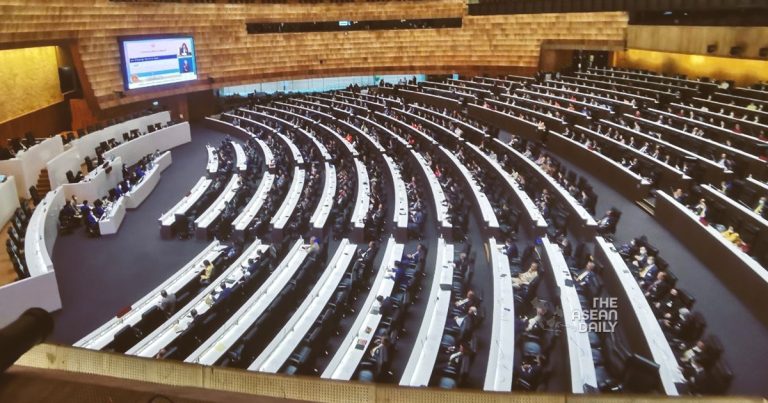23-4-2024 (BANGKOK) Thailand is set to hold elections for its upper house of parliament, the Senate, in June, marking the first such poll since the military seized power in a coup a decade ago. The government’s announcement on Tuesday has reignited debates surrounding democratic representation and the country’s constitutional framework.
Prime Minister Srettha Thavisin’s Cabinet approved plans for the intricate, multi-round Senate election, which will not involve a direct public vote. Ministers also agreed to conduct a referendum, seeking the Thai people’s opinion on whether they support amending the current constitution, drafted by the then-ruling junta in 2017.
The Senate, whose 250 current members were appointed by the junta that took control in 2014, played a crucial role in determining the outcome of last year’s general election. Despite the progressive Move Forward Party (MFP) winning the most seats in the lower house, its leader, Pita Limjaroenrat, was blocked from becoming prime minister due to insufficient support from the Senate.
Srettha, whose Pheu Thai party finished second in the election, subsequently formed a coalition government with army-linked parties, highlighting the Senate’s influence in shaping the country’s leadership.
Under the new plans, the Senate will be reduced to 200 members, chosen from 20 different fields of work and life, including justice, education, public health, industry, arts and sport, the elderly, and ethnic minorities. However, only those applying to become senators will be eligible to cast ballots, with three rounds of voting scheduled for June 9, June 16, and June 26.
Critics have voiced concerns over the process, labeling it undemocratic and unnecessarily complex. “This isn’t an election because the members of the Senate do not come directly from the public,” MFP spokesperson Parit Wacharasindhu told AFP.
The results of the Senate election are expected to be announced on July 2.
Alongside the Senate elections, the government’s decision to hold a referendum on amending the constitution has reignited debates surrounding democratic representation and the country’s political landscape.
The current constitution, drafted by the then-ruling junta in 2017, has been criticized by some as being undemocratic and favoring the military’s influence in Thai politics.
“The people of Thailand deserve a constitution that truly reflects their will and aspirations,” said Somchai Srisuthiyakorn, director of the Anti-Corruption Organization of Thailand. “A transparent and inclusive process for constitutional reform is crucial to ensuring a stable and democratic future for the nation.”




